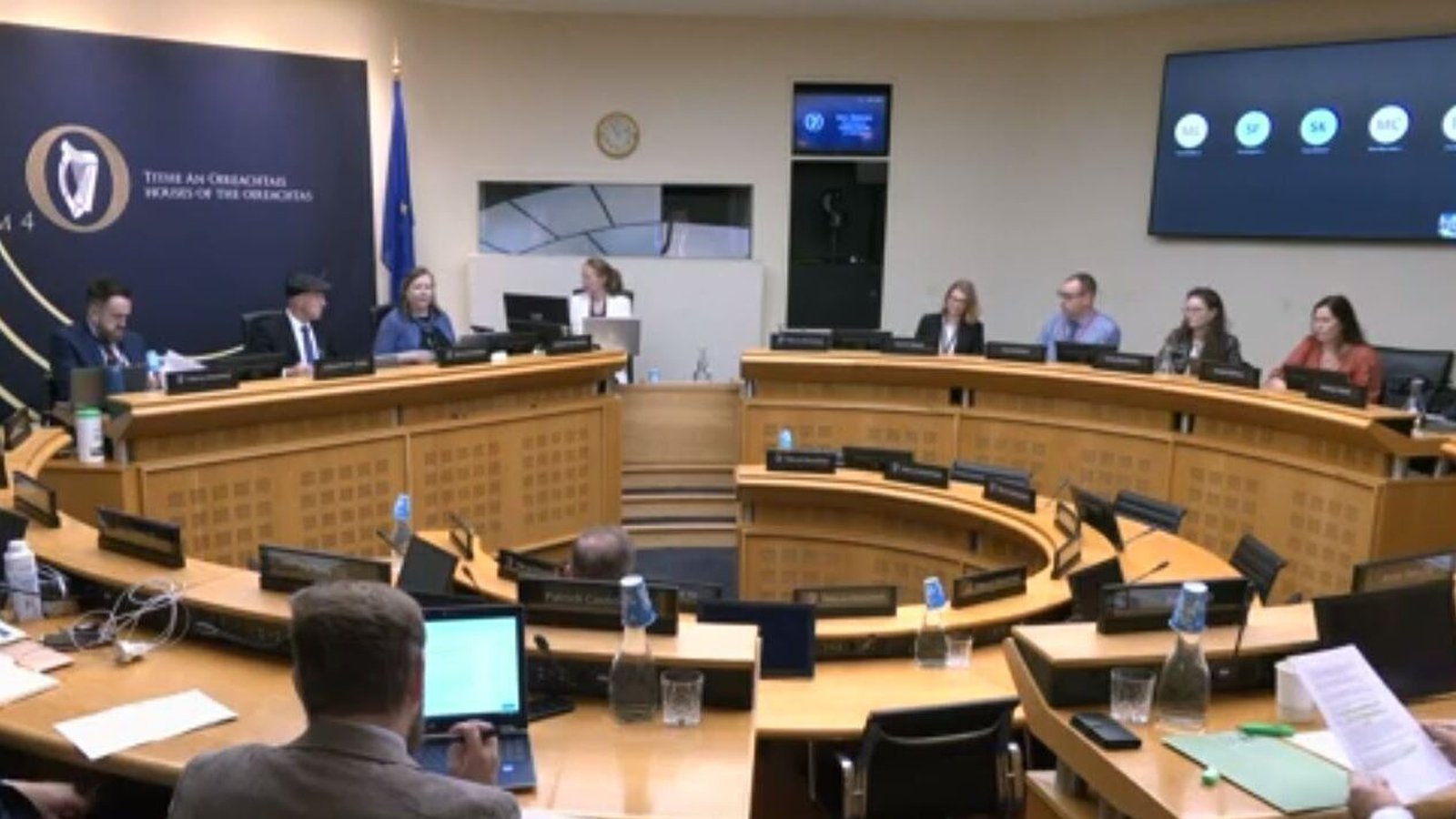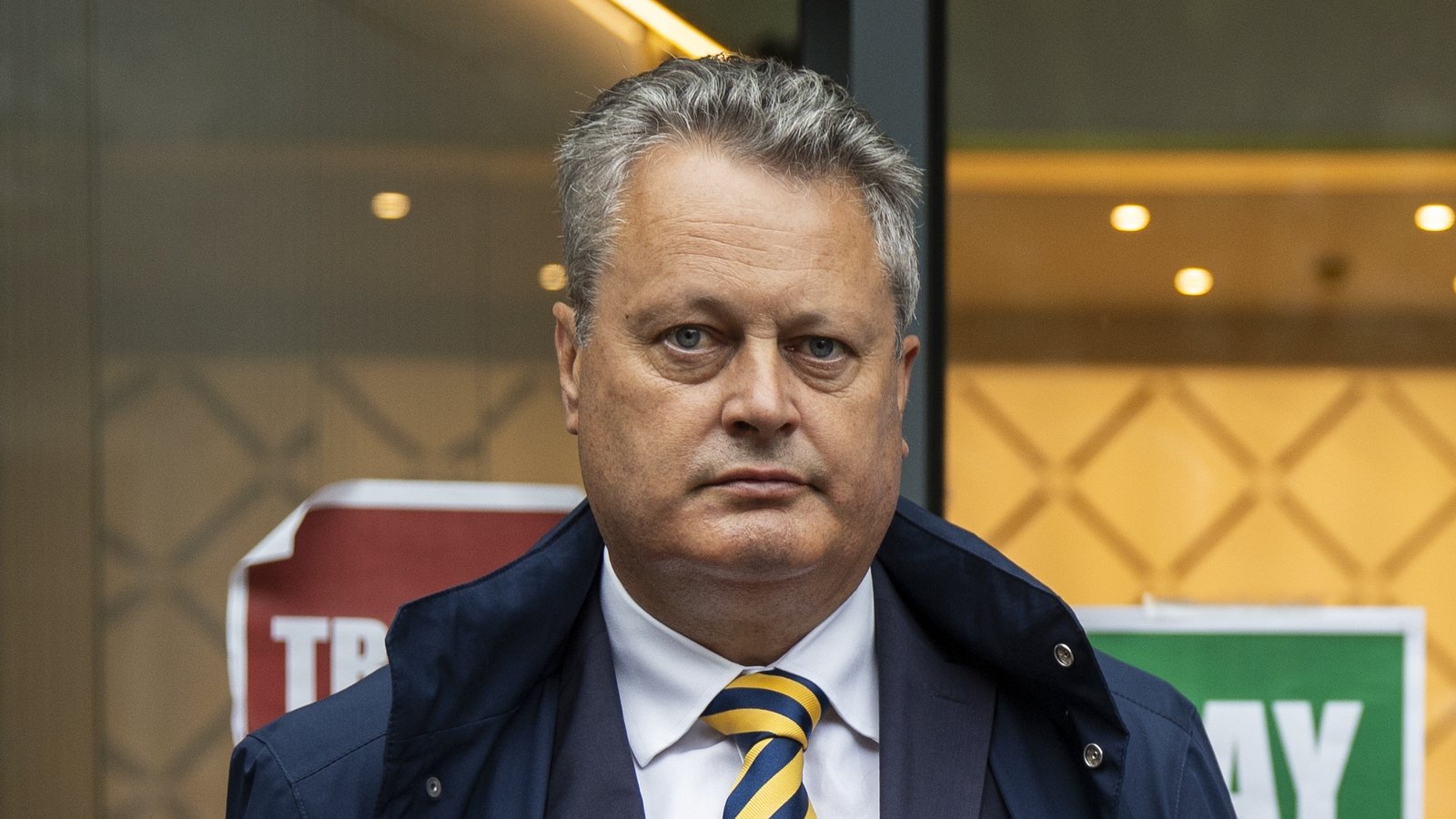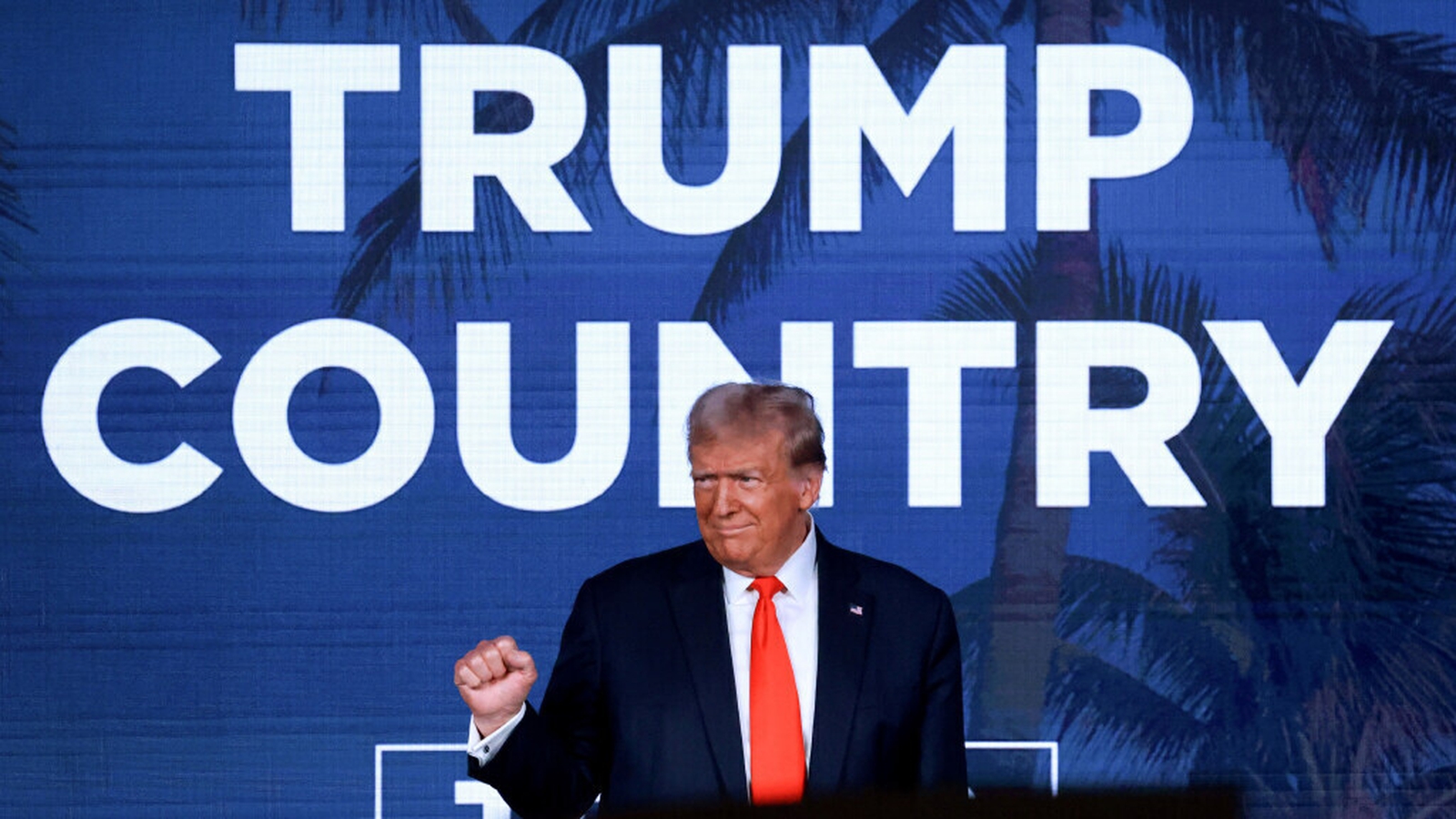Will we see further cuts to energy bills next year?
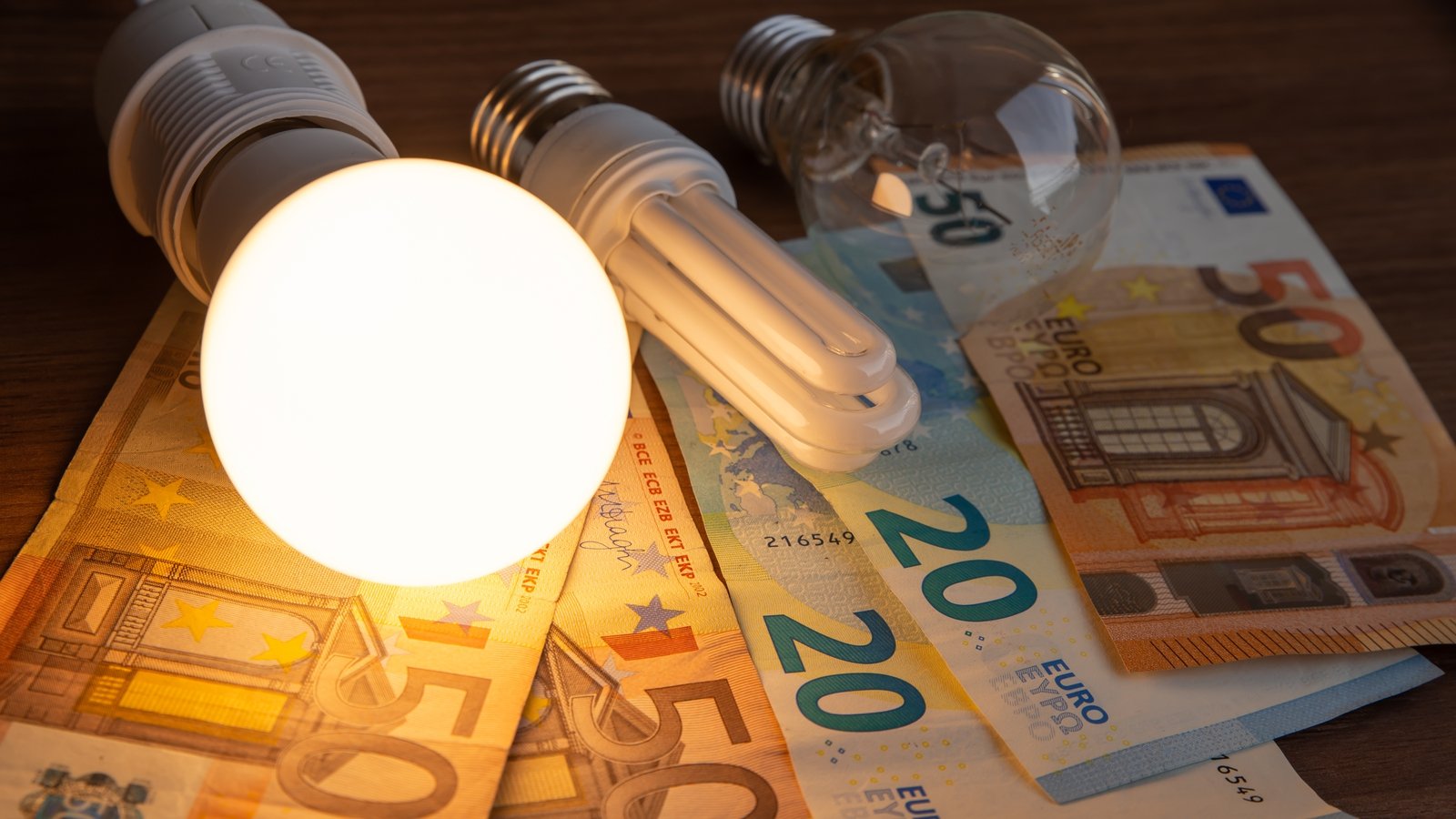
Electricity and gas prices are stabilising as 2023 draws to an end, sparking hopes of a big drop in energy costs for households and businesses next year.
Despite a relatively mild winter, reductions in utility bills will be warmly welcomed by consumers.
It was a different story this time last year.
Consumer electricity prices were 63.5% higher year-on-year, according to CSO figures heading into 2023, with gas prices up almost 89%.
It was nine months after Russia’s invasion of Ukraine – a war that had a near immediate impact on energy markets.
The level of price increase prompted calls for more Government action. Budget 2023 was framed as a ‘cost of living’ package, which included more energy rebates for consumers, and an extension of the fuel excise cut.
Businesses, meanwhile, were offered a hand through the Temporary Business Energy Support Scheme.
However these supports only served to soften the blow of higher prices, rather than undo it altogether.
It also did not stop the contagion spreading to the rest of the economy.
Higher energy costs meant imports became more expensive. Farms had to spend more to feed and transport their animals. Manufacturers racked up higher bills when producing goods. Offices cost more to light and heat.
All of this was passed on to consumers ultimately.
Rapidly rising consumer prices put pressure on central banks to reign in inflation.
The energy cost increases fueled inflation forcing the ECB to raise rates.
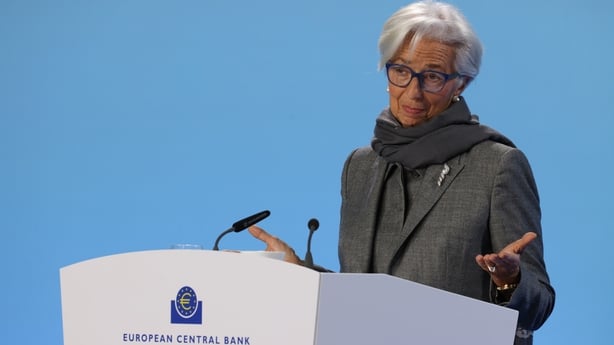
Christine Lagarde and her Governing Council took the deposit rate to 2.5% in February, and continued throughout the year, raising its key interest rate to an all time high of 4%.
Energy providers saw their profits soar in 2023, and while they initially reduced bills for business customers, they did not pass on reductions to households.
In March, Electric Ireland – the largest electricity supplier in the country – reduced electricity tariffs for small and medium enterprises by an average of 10%.
The retail arm of ESB also reduced gas prices for businesses by an average of 15%.
However, the energy company said at the time that it was very difficult to project the trajectory of residential electricity and gas prices but it would continue to keep rates under review.
Minister for Enterprise, Trade and Employment Simon Coveney said household customers would rightly be questioning that approach by Electric Ireland.
“I think many households listening to that story yesterday on the radio will be asking themselves the question why isn’t that applying to my bill? And I think that is that is a fair question to answer,” he said on Morning Ireland after the announcement in March.
World oil demand adjusted lower in 2023, and the price never quite returned to the peaks seen in early 2022.
Weak economic data from Germany, Europe’s biggest economy, and China, the world’s biggest oil importer, also weighed on prices.
The IEA said world oil demand will rise by 1.1 million barrels per day (bpd) in 2024, up 130,000 bpd from its previous forecast, citing an improvement in the outlook for US demand and lower oil prices.
The 2024 estimate is less than half of the Organisation of the Petroleum Exporting Countries’ demand growth forecast of 2.25 million bpd.
The shift in global oil supply from key producers in the Middle East to the United States and other Atlantic Basin countries, are profoundly impacting global oil trade, according to the IEA.
It said the continued rise in output and slowing demand growth will complicate efforts by key producers to defend their market share and maintain elevated oil prices.

The European Commission recommended in May that all EU governments end support measures by the end of the year, saying the supports were harder to justify due to lower energy prices.
Ireland opted to ignore the recommendations and announced in July that there would be a fresh set of temporary support measures for households and businesses in October’s Budget to help with energy bills.
Taoiseach Leo Varadkar said “it’s pretty obvious” people would need help over winter with falls in wholesale electricity and gas prices not yet filtering down to household bills in Ireland.
Three €150 electricity credits were announced, to be given in three parts; on 1 December 2023, 1 January 2024 and 1 March 2024.
It wasn’t until the second half of the year that the first of the big four energy providers started to reduce prices for their residential customers.
Over the past year, wholesale gas and electricity prices eased significantly, albeit from very high levels. Consumers are beginning to see the benefit.
All the providers reduced their prices in November, and in December, SSE Airtricity announced a second round of cuts. Its electricity and gas prices will come down by over 10% in February.
The other three big players will almost inevitably follow suit.
The reduction came weeks after new player Yuno Energy introduced a new fixed rate that it said was cheaper than its previous lowest rate.
However, even taking in cuts announced as the end of 2023 approaches, prices are almost double what they were prior to the pandemic and Russia’s invasion of Ukraine.
And they are not expected to hit those lows any time soon.
Minister for Finance Michael McGrath said, “We are not anticipating that the overall price levels in terms of retail energy will come back to where they were before the war. I don’t envisage that in the short term. There is a lot of volatility there. I think we will see some level of elevated prices for a while yet but they are going in the right direction. “
The Head of Social Justice at the Society of St Vincent de Paul welcomed news of cuts in energy prices but said other suppliers need to follow suit.
Tricia Keilthy from the Society of St Vincent de Paul said: “Our concern and the reality is prices are still almost double what they were in 2021 so the energy crisis is far from over in terms of households we are assisting.
“Energy is continuing to be one of the main reasons people are contacting SVP. At the moment this is the busiest time of the year for our volunteers as parents are preparing for Christmas and people are really struggling to heat their homes.”
Energy prices were the biggest contributor to pushing inflation up and now the fall in energy prices has taken a sizeable chunk out of the headline rate of inflation.
Last month electricity prices fell by almost 10%, gas fell 13% and home heating oil slipped 5.4% making it 17% cheaper than a year ago.
However, the ECB pushed back against bets on imminent cuts to interest rates at the Governing council’s last meeting of the year. It left borrowing costs unchanged and did not even hint at a possible reduction.
“Should we lower our guard? We asked ourselves that. No – we should absolutely not lower our guard,” ECB President Christine Lagarde told a news conference after the ECB’s rates decision.
“We did not discuss rate cuts at all. No discussion, no debate,” said Lagarde, describing herself as “in Covid recovery mode”.
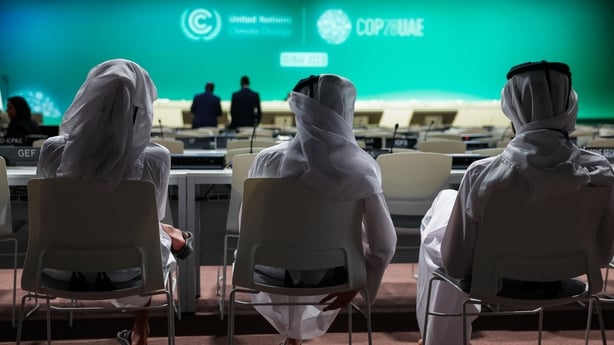
The COP28 climate conference closed at the end of the year with more than 200 nations agreeing they should transition away from the fossil fuels that are warming the planet. They also pledged to triple the amount of renewable energy deployed by 2030.
The agreement came on the same morning that the Sustainable Energy Authority of Ireland published its annual report which found the demand for energy is increasing and energy emissions are not falling off.
The pace of reduction of emissions from energy is not sufficient to meet Ireland’s national climate obligations.
The SEAI’s Energy in Ireland report, which profiles trends in the supply and demand of energy and energy related CO2 emissions in 2022 and 2023, shows that the fall in energy emissions came despite total demand for energy rising 4.7% last year, compared to 2021.
Demands for energy providers to cut prices for customers are also increasing. Just this week, the Taoiseach encouraged suppliers to bring in further price reductions for customers in the new year.
Leo Varadkar said there have been a round of reductions from the electricity and gas companies already and said he would expect to see more in the coming months.
He said the €450 energy credits, announced in the Budget, would be implemented “no matter what”.


